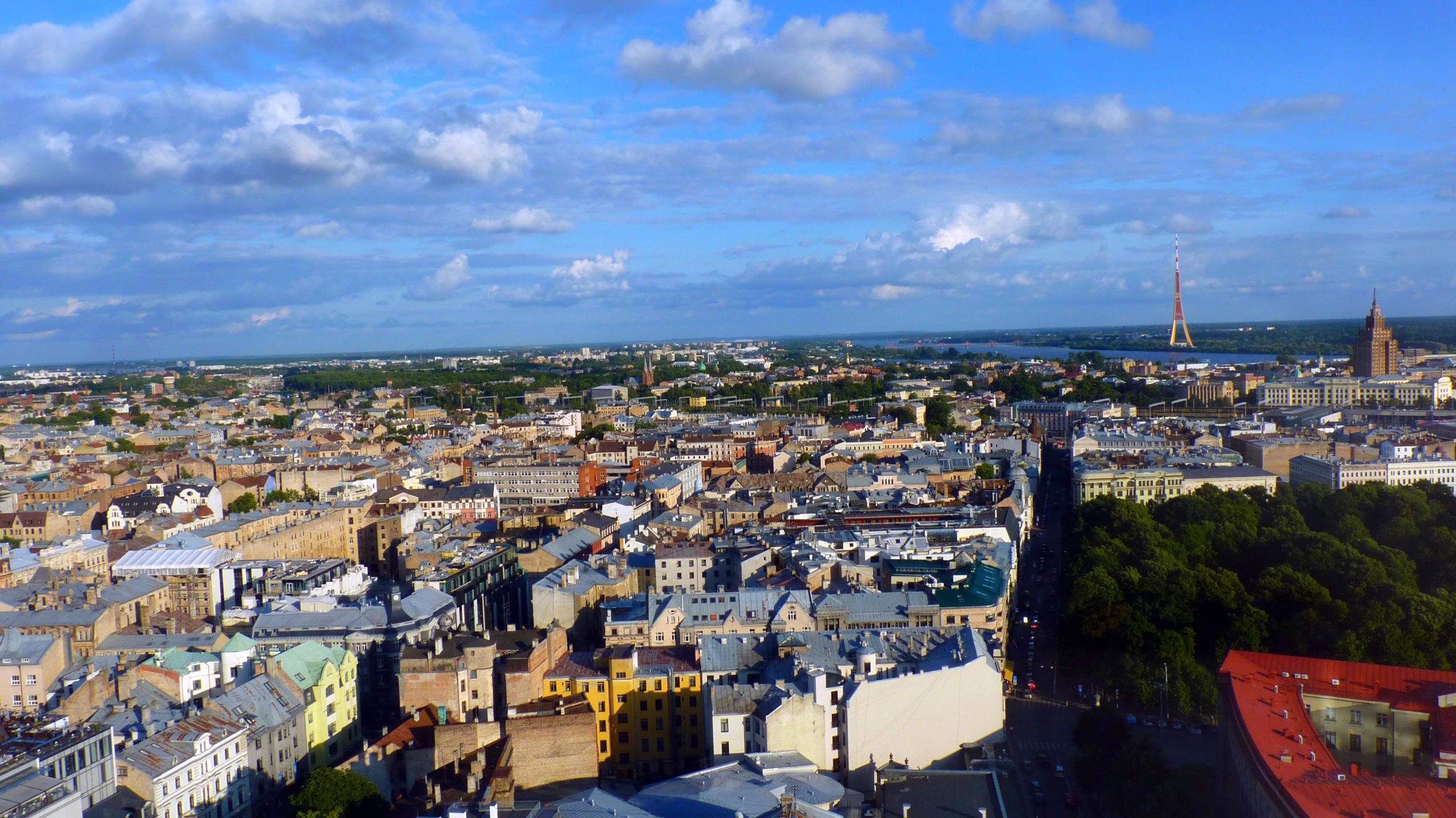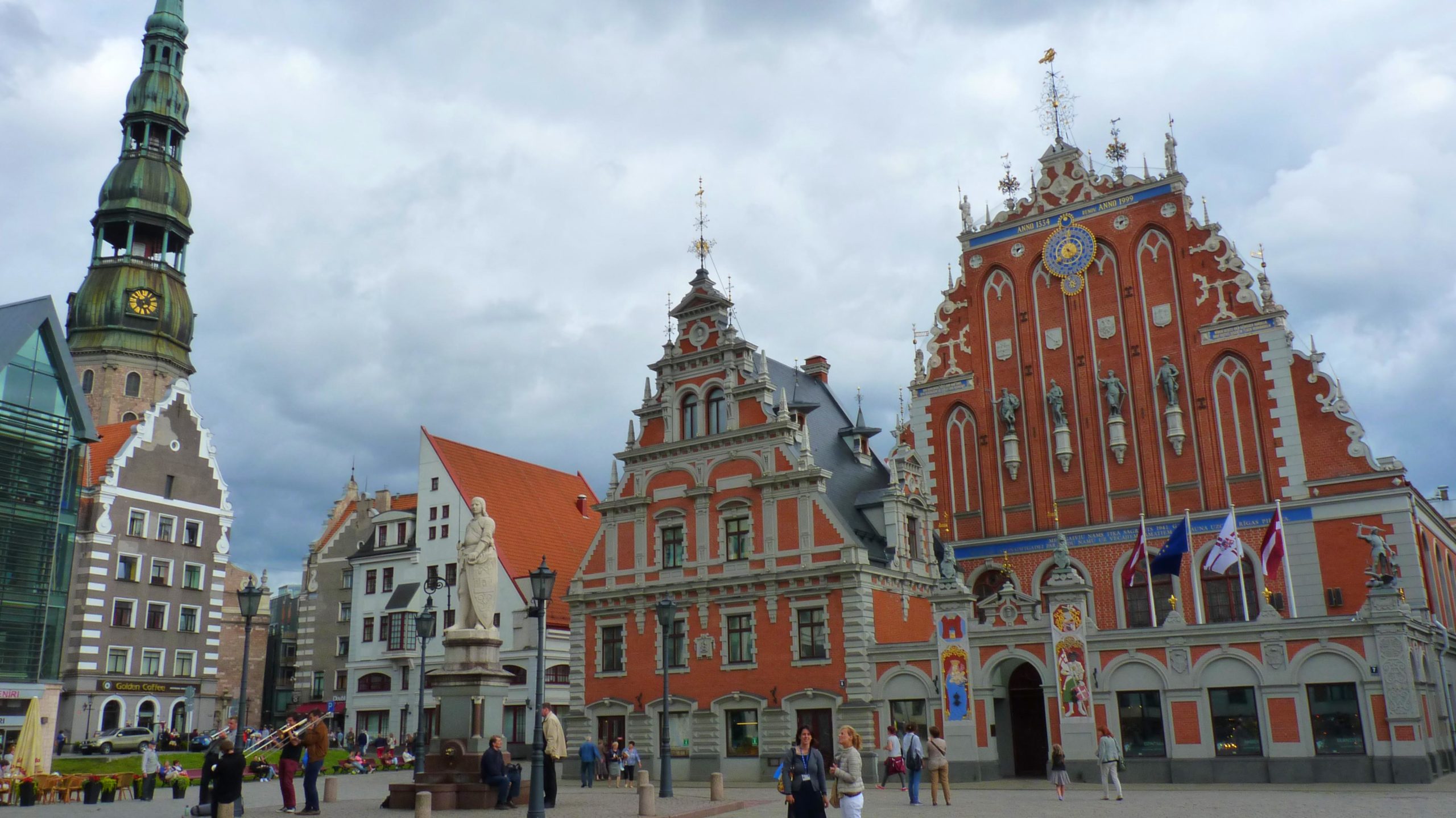Switzerland exported nearly $2.4 billion worth of coffee in 2018
Although no coffee trees are growing within Switzerland, the nation is one of the most significant trading places for green coffee and one of the world’s largest coffee processors. Switzerland is also one of the world’s largest green coffee importers and processors through high-tech manufacturing methods. The Swiss have focused on exporting value-added, specialized formats, such as coffee pods, and Swiss roasted coffee sells on average at a 3.5 times price premium relative to global averages.
Some well known Swiss coffee brands include Mövenpick, and Nestlé’s famous Nescafe and Nespresso. Nestlé’s Nespresso capsules, in particular, embody the added-value potential of Swiss exports, with nearly 98% of the capsules being exported.
In addition to exporting coffee beans, Swiss players are partnering with global powerhouses to manufacture complementary tools, such as the fully automatic coffee machines Starbucks installs globally within its stores.

Starbucks’ Coveted Swiss Partner Ensures the Perfect Cup of Coffee
The secret to consistent quality: Thermoplan
A perfect cup of coffee can make anyone’s day better, and how a person consumes coffee is becoming part of people’s identities across the globe. With Starbucks’ popularity booming, some wonder how it consistently delivers the perfect cup of joe in every corner of the world. To some people’s surprise, the secret is not all in the flavorful beans or talented baristas, but also dependent on intelligent machinery. Thermoplan has been manufacturing coffee machines found in nearly every Starbucks in the world since 1999, and specializes in fully automatic coffee machines. Thermoplan’s various machine sizes and modular configurations adapt to the needs of heavy-duty users in the beverage industry, mid-sized offices and even homes.
Thermoplan’s other impressive clients include Nestlé and Google. Thermoplan’s A-list clientele trust Theromplan’s Swiss-made manufacturing promise of reliability, exceptional quality and innovation. The company has been referred to as the “hidden champion” in industry circles, and future growth is strategically designed to continue to make the empire flourish. Adrian Steiner, CEO of Thermoplan stated, “We buy 82% of our components in Switzerland, and cultivate the Swiss quality assurance. Our innovative and technology-oriented coffee machines enable excellent coffee within each cup.”
Thermoplan’s phenomenal precision and craftsmanship guarantees the best quality and reliable machines, which is something essential for their elite clients. Steiner mentioned, “The USA is our main market, and we have a twenty-year history with Starbucks. We also operate in another 70 plus countries. We adapt our products and processes to meet different market and customer requirements. We develop our products to align with new and up-and-coming trends. As coffee consumption continues to grow and evolve, we make sure to employ 20% of our workforce to focus on research and development. They work on new innovations and technology to make future intelligent coffee machines for new trends, such as cold brewed coffee. Tea, coffee, chocolate and milk based cold beverages are on the rise. We also offer offices self-cleaning machines that provide the best quality, freshly brewed coffee with fresh milk components tailored to each user’s specific desires.”
As frothy coffee drinks continue to grow in demand universally, Thermoplan’s innovative machines will complementarily grow in prevalence. The company also makes sure to implement high-tech functions. According to Steiner, “Users value our machines’ cloud connectivity and telemetry systems, allowing them access to unparalleled data surrounding their use and detailed analysis of operations. It allows our clients to maximize the machines’ productivity, and heavy users value these easy to use advanced high-tech components.”
Steiner is confident about the future growth of Thermoplan, and international clients continue to look to Thermoplan for innovative products to increase their productivity, profitability and efficiency. In the meantime, Thermoplan’s products continue to play a sizable role in delivering the perfect caffeine fix for millions of customers everyday.














